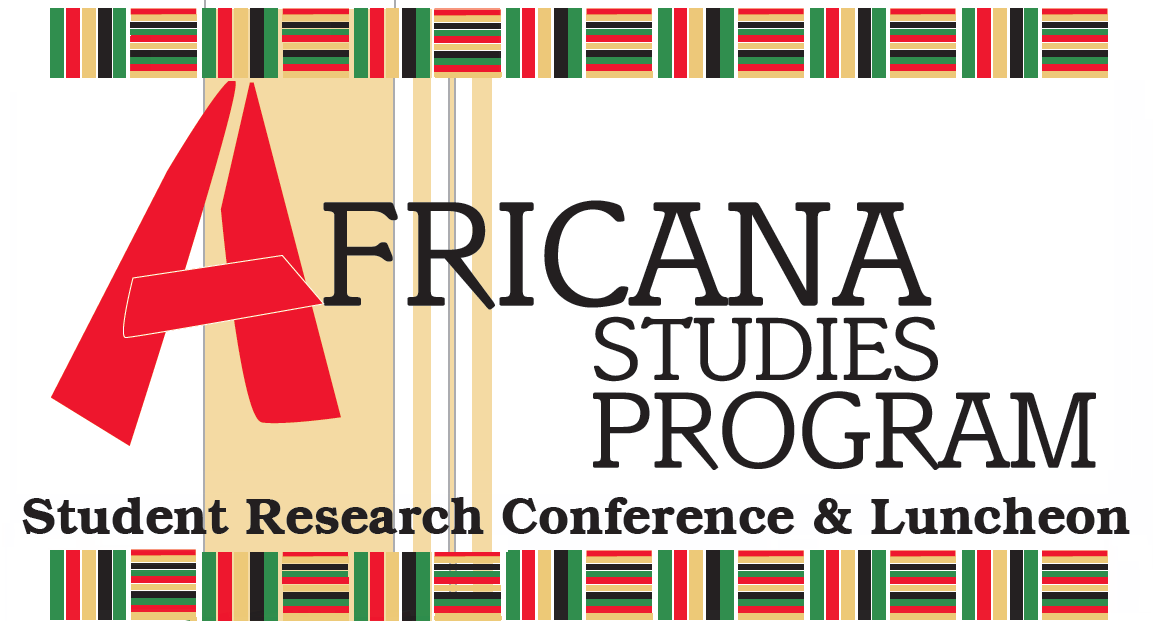
Panel 5: History and Politics
Degree Program
Undergraduate
Major
German
Abstract
Since the 1960s till date, African independence has been a mirage. Real freedom for African countries had been redefined by the impact of neo-colonialism and globalization. While neo-colonialism simply means indirect hegemonic control of former colonies or developing countries by former European colonizers and Western powers, globalization is the integration of global economy marked by free trade, free flow of capital, and the exploitation of cheaper foreign labor and raw material markets. Under neo-colonialism and the globalized world, though presumed independent, Africa is still dominated and exploited. Kwame Nkrumah, perhaps one of the most influential African leaders of history, aptly captured the spectacle: “The essence of neo-colonialism is that the State which is subject to it is, in theory, independent and has all the outward trappings of international sovereignty. In reality its economic system and, thus, its political policy is directed from outside” (Nkrumah, 1965).African development is also stunted through the weakening and replacement of traditional African cultures into more Western or European cultures by the former colonizers and emerging powers by the indoctrination of some trusted “educated” local officials whom served as their puppets. Neo-colonialism and globalization are by economic dominance, cultural appropriation, or indirect political control of the developing nations of Africa by outside powers. This paper will address the challenges imposed by neo-colonialism and globalization on nation-building and development in Africa resulting in economic instability, cultural alienation, and political control, sometimes under the guise of democratization.
Start Date
8-2-2019 1:30 PM
End Date
8-2-2019 3:00 PM
Included in
Neocolonialism and Globalization: The Dual Phenomena of Exploitation and Underdevelopment in Modern Africa
Since the 1960s till date, African independence has been a mirage. Real freedom for African countries had been redefined by the impact of neo-colonialism and globalization. While neo-colonialism simply means indirect hegemonic control of former colonies or developing countries by former European colonizers and Western powers, globalization is the integration of global economy marked by free trade, free flow of capital, and the exploitation of cheaper foreign labor and raw material markets. Under neo-colonialism and the globalized world, though presumed independent, Africa is still dominated and exploited. Kwame Nkrumah, perhaps one of the most influential African leaders of history, aptly captured the spectacle: “The essence of neo-colonialism is that the State which is subject to it is, in theory, independent and has all the outward trappings of international sovereignty. In reality its economic system and, thus, its political policy is directed from outside” (Nkrumah, 1965).African development is also stunted through the weakening and replacement of traditional African cultures into more Western or European cultures by the former colonizers and emerging powers by the indoctrination of some trusted “educated” local officials whom served as their puppets. Neo-colonialism and globalization are by economic dominance, cultural appropriation, or indirect political control of the developing nations of Africa by outside powers. This paper will address the challenges imposed by neo-colonialism and globalization on nation-building and development in Africa resulting in economic instability, cultural alienation, and political control, sometimes under the guise of democratization.

